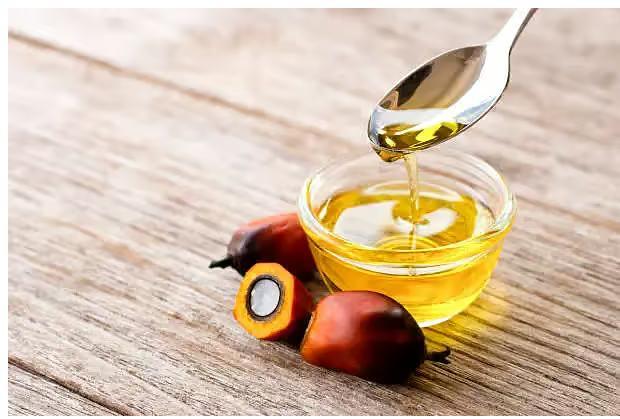
Title: Edible Oil Imports Fall 16% YoY to 15.48 Lakh Tonnes in July: SEA
The Indian edible oil market has witnessed a significant decline in imports in July, with a drop of 16% year-on-year (YoY) to 15.48 lakh tonnes, according to the Solvent Extractors’ Association (SEA). This decline is primarily attributed to a reduction in shipments of palm oil, both refined and crude. The import duty difference between crude palm oil and refined palmolein from May made the import of refined oil uneconomical, leading to a decrease in imports.
In the same period last year, India imported 18.40 lakh tonnes of edible oil. The 16% decline in imports is a significant development in the Indian edible oil market, which has been grappling with high import duties and fluctuations in global prices. The SEA report highlights the impact of the import duty difference on the edible oil market and its effect on imports.
Palm oil, which is the largest imported edible oil in India, has been the primary driver of the decline in imports. The import duty difference between crude palm oil and refined palmolein has made refined palm oil uneconomical, leading to a decrease in imports. Refined palm oil is used in the production of various food products, including cooking oils, snacks, and baked goods.
Crude palm oil, on the other hand, is used in the production of various industrial products, including biofuels, cosmetics, and pharmaceuticals. The import duty difference between the two has created an uneven playing field, making it more expensive to import refined palm oil. This has led to a decrease in imports of refined palm oil, resulting in a decline in overall edible oil imports.
The decline in imports is also attributed to a reduction in demand for edible oil in India. The Indian government has been promoting the use of domestic oilseeds, such as soybean and sunflower, to reduce dependence on imports. This has led to a decrease in demand for imported edible oil, particularly palm oil.
The SEA report also highlights the impact of the decline in imports on the Indian edible oil market. The decrease in imports has led to a shortage of edible oil in the market, resulting in higher prices for consumers. The higher prices have also affected the profitability of oilseed producers and refiners, who are facing a decline in demand for their products.
The decline in imports is also expected to have a positive impact on the Indian oilseed industry. The decrease in demand for imported edible oil has led to an increase in demand for domestic oilseeds, such as soybean and sunflower. This has led to an increase in prices for domestic oilseeds, making it more profitable for oilseed producers to produce these crops.
The SEA report also highlights the importance of reducing the import duty difference between crude palm oil and refined palmolein. The association has been advocating for a reduction in the import duty difference to make refined palm oil more competitive and to increase imports. A reduction in the import duty difference would make refined palm oil more attractive to importers, leading to an increase in imports and a decrease in prices for consumers.
In conclusion, the decline in edible oil imports in July is a significant development in the Indian edible oil market. The decline is primarily attributed to a reduction in shipments of palm oil, both refined and crude, due to the import duty difference between crude palm oil and refined palmolein. The decline in imports has led to a shortage of edible oil in the market, resulting in higher prices for consumers. The decrease in imports is also expected to have a positive impact on the Indian oilseed industry, leading to an increase in demand for domestic oilseeds.
News Source:
https://www.ndtvprofit.com/amp/business/edible-oil-imports-down-16-in-july-on-lower-shipments-of-palm-oil






